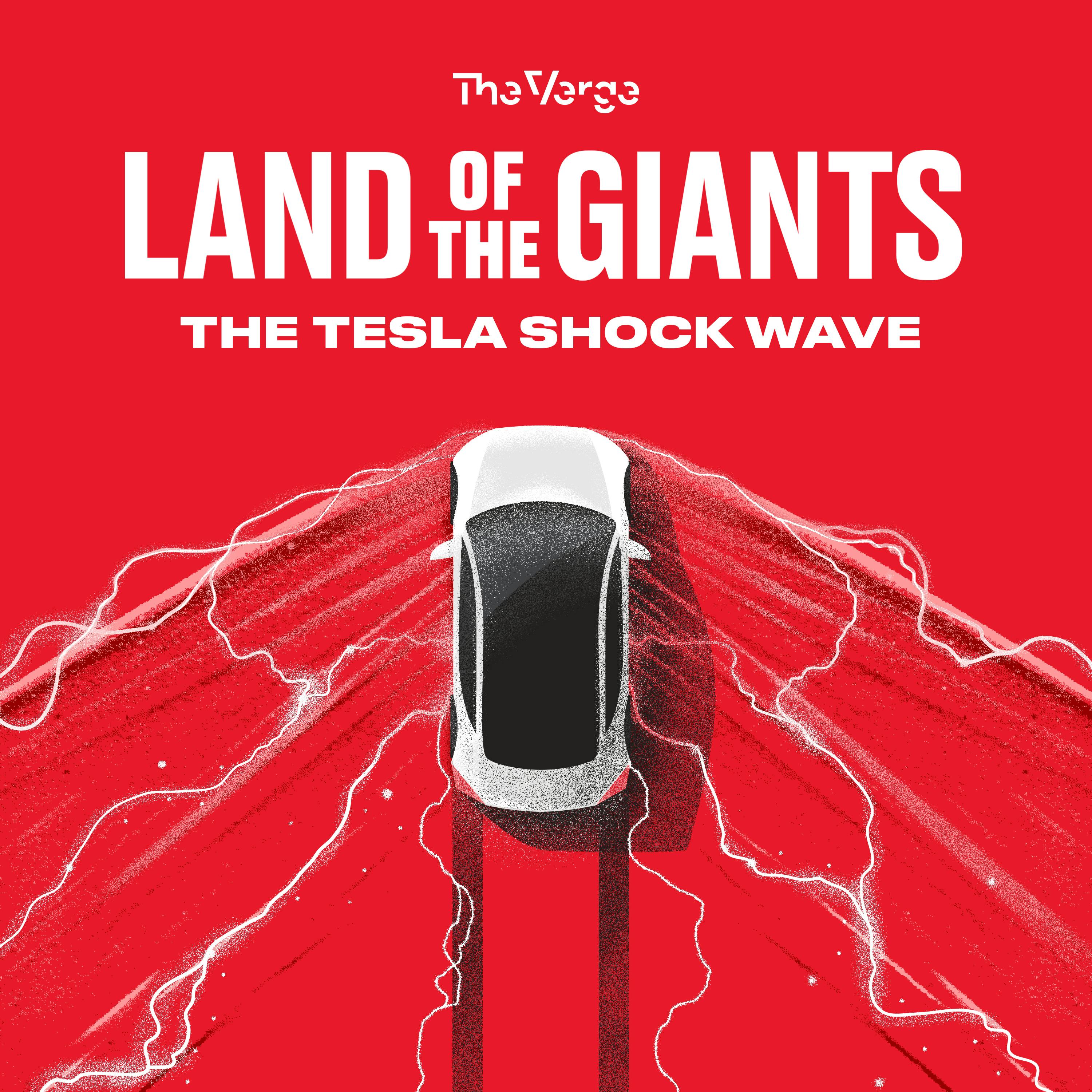
Land of the Giants
Big tech is transforming every aspect of our world. But how, and at what cost? This season of Land of the Giants – The Disney Dilemma – focuses on Disney’s ability to weather the ups and downs of the business cycle and changing tastes and explores what has kept it successful for over 100 years. The entertainment giant has leveraged nostalgia and its intellectual property to build a beloved brand, but after an acquisition spree that included Marvel, Lucasfilm, and 20th Century Fox, can it sustain high quality and brand loyalty on a scale that keeps it growing? Who is Disney now, and can it compete against the tech giants in a battle for our attention and dollars? From Vulture and the Vox Media Podcast Network. New episodes drop every Wednesday.